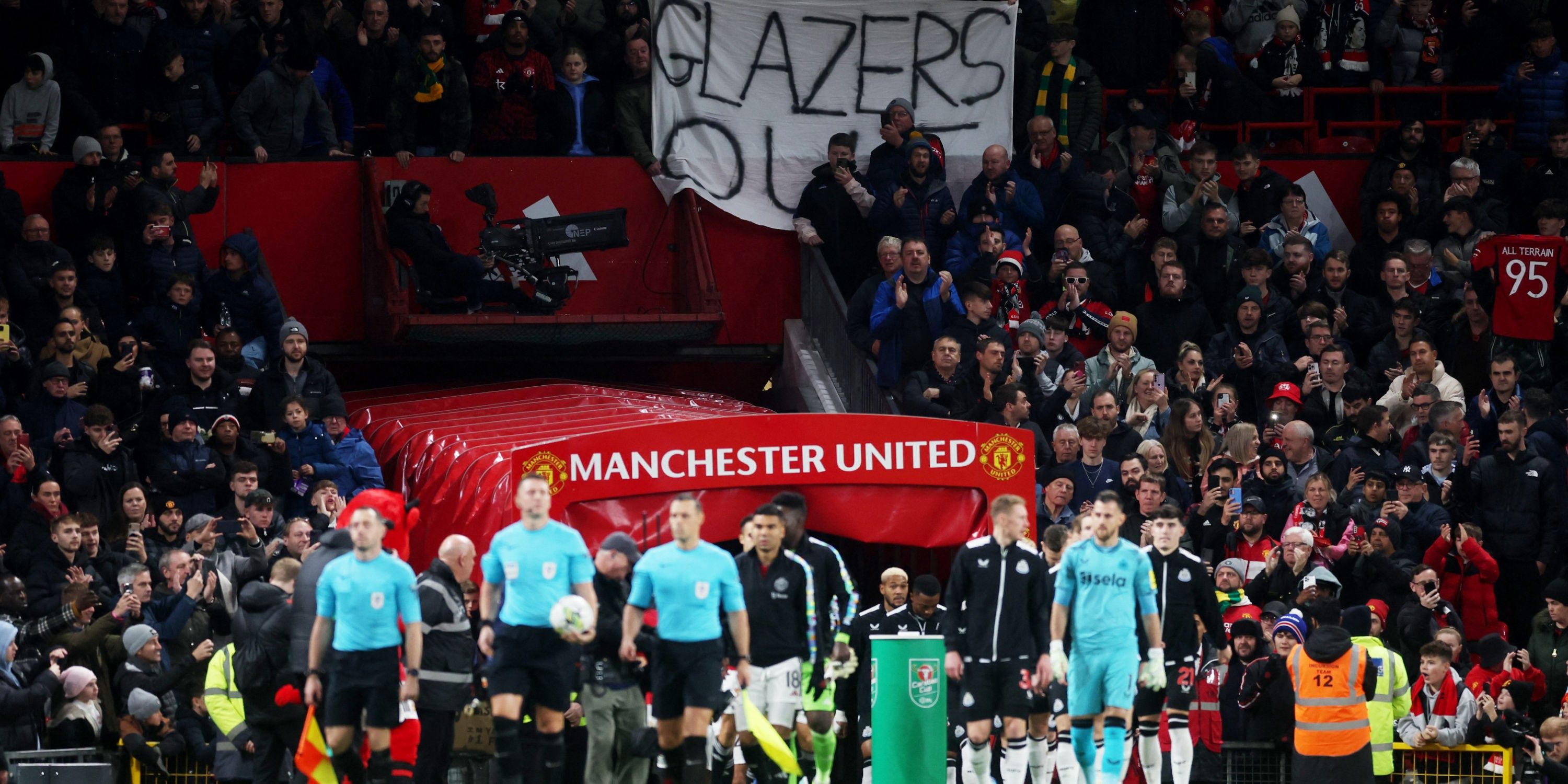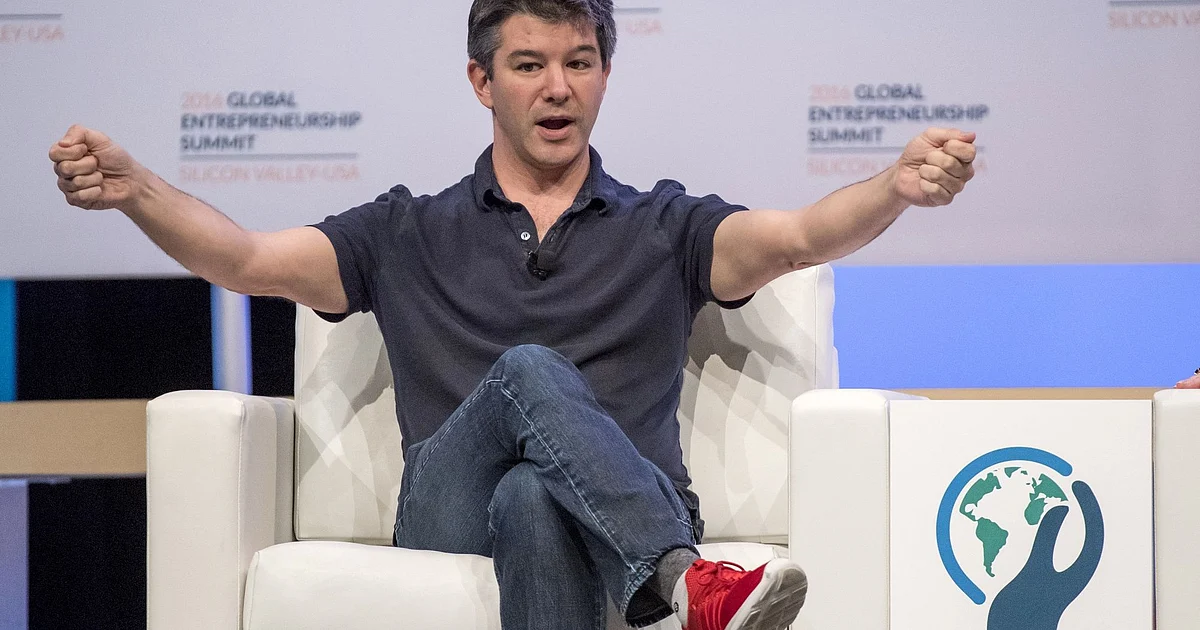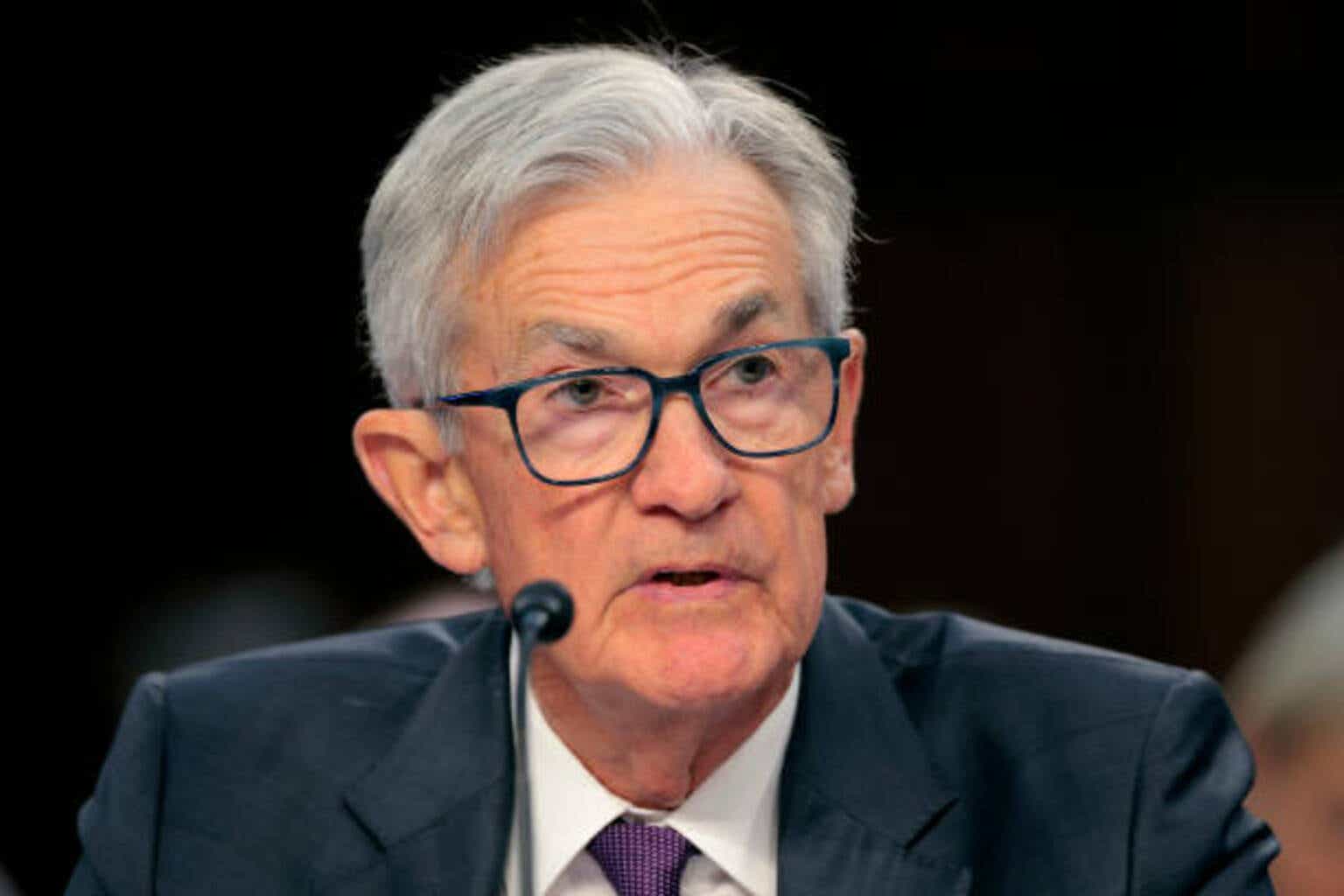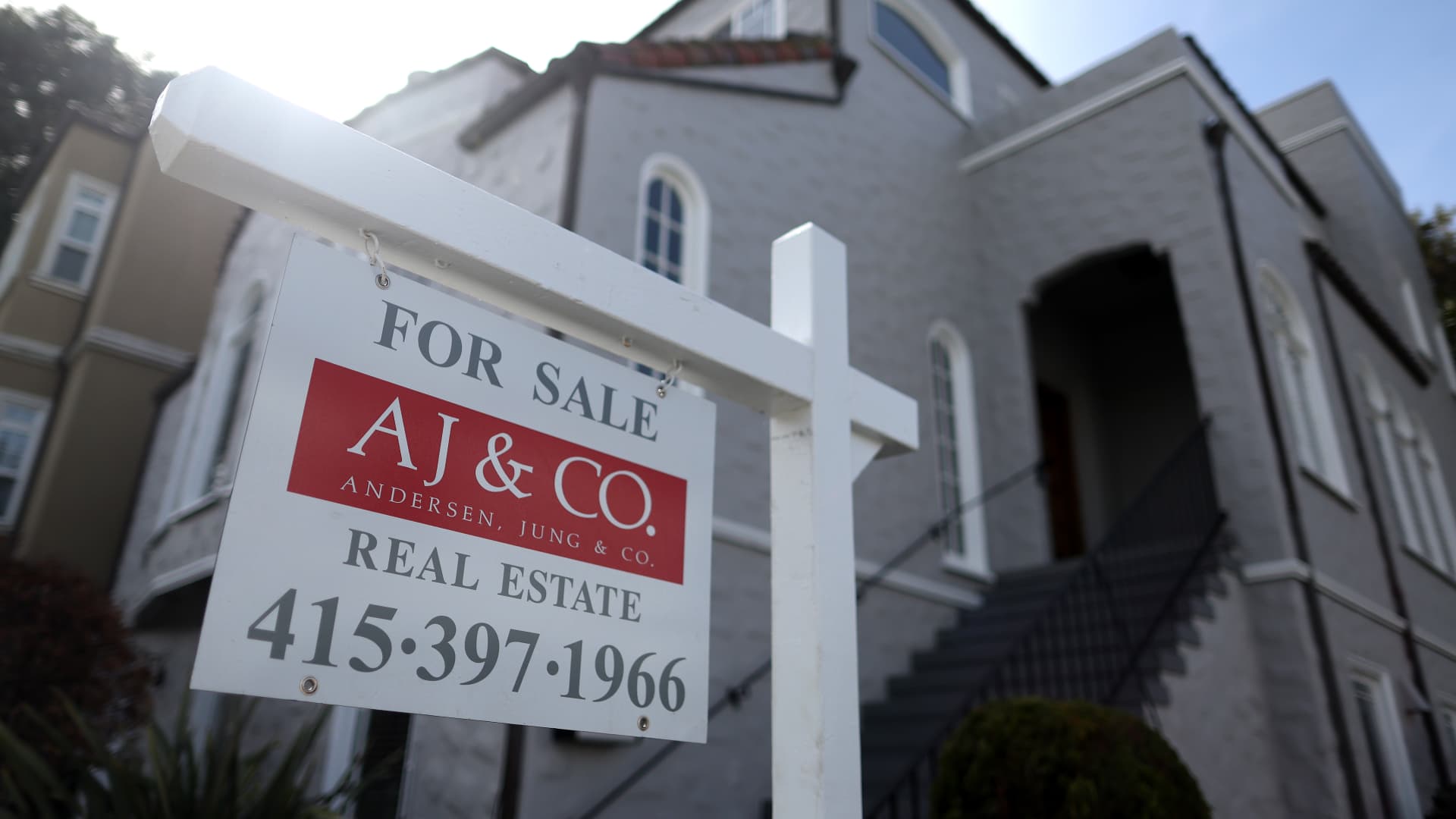“I don’t look at the economy through the eyes of Wall Street and Park Avenue. I look at it through the eyes of the people I grew up with in Scranton, Pennsylvania or Claymont, Delaware,” US President Joseph Biden said on X (formerly Twitter) recently.

In an ideal world, Biden’s comment would have been lauded as being pro-worker and perhaps even good for the economy. Here is why. One of the most common assumptions heterodox economists use is what is called the classical savings assumption, which basically means that there are only two kinds of people in the world, workers and capitalists. The former earns only wages and spends all of it and the latter earns only profits and invests all of it. The belief is that the rich have a lower marginal propensity to consume (measured as an increase in consumption, per unit increase in income) than the poor.
Now, unless workers, like the people in Scranton or Claymont that Biden referred to, earn better wages and create consumption demand in the economy, the capitalists, i.e., Wall Street and Park Avenue, would not have anywhere to invest. The result would be an economy in recession.
But ideal world assumptions rarely hold in economics.
Branko Milanović, professor of economics at the City University of New York, is one of the most authoritative voices on economic inequality in the current period. “Almost a third of people in the highest income decile in USA and Germany are also in the highest decile of labour earners and highest decile of capital earners. This is a feature of advanced capitalism. Makes their taxation more difficult,” Milanović said on X sharing a chart from a talk he gave in Berlin.
While Milanović might have been referring to problems regarding taxation and economic inequality, there is another way to look at this. If the richest people in an economy are both wage and profit earners, then it means that the classical savings assumption is weakened. It is eminently possible that at least in value terms, the rich will come to have a much bigger share in consumption demand than the poor. It is not very difficult to think of examples.
The salaried elite can very well spend much more money than the poor on goods and services which can be qualified as consumption goods. Think of high-end restaurants, expensive mobile phones, holidays or expensive household appliances. In certain things, one can actually argue that the price differentiation in the consumption goods market has actually increased. The evolution of telephones from landlines to a new Apple iPhone every year, or even sanitary fittings for homes are good examples.
The GDP for any economy is basically the sum of consumption and investment. Every dollar or rupee spent on consumption has to be counted towards the grand total irrespective of its class origins. When an economy reaches a critical threshold when consumption demand, at least in value terms, of the super-rich comes close or perhaps crosses what the non-rich can buy from the market, it faces a serious predicament. Any policy which seeks to redistribute income towards the non-rich and is antagonistic towards the super-rich can affect their consumption demand. This means that equality can cost growth. This is not an easy policy choice by any stretch of the imagination.
To be sure, this policy predicament is not confined to rich countries such as the US alone. The Indian economy has its own share of the salary-earning super-rich, as was discussed in this column in an analysis of income tax returns data.
Even anecdotal accounts of premium segments of the consumer economy struggling to meet demand suggest that there is no problem with a lack of purchasing power. Of course, this kind of situation is perfectly compatible with subdued demand from the consumer economy of the non-rich.
India’s consumer economy today is a story of two economies. High-end cars and expensive mobile phones get sold out within minutes of hitting the shelves while some people are struggling to deal with a rise in prices of onions and pulses. What makes matters more complicated for India is that our statistical systems are failing to capture this dichotomy.
Household consumption expenditure data is not available after 2011-12. Some of our high-frequency economic indicators such as the Index of Industrial Production (IIP) might be giving a misleading picture of consumer demand because they are a mish-mash of volume and value indices, as has been explained here. Until there is hard statistical data which suggests otherwise, there is a strong case to be made that the Indian economy’s consumption demand is also being driven by its own version of Wall Street and Park Avenue rather than Scranton or Claymont.
Is this a sustainable situation? In purely economic terms, unless the poor are really pushed to the brink where even basic survival is under threat, there is nothing which suggests that this model will run aground in the near future.
Sure, the super-rich and their ideological advocates will rant about the state indulging in fiscal profligacy in the name of supporting even the basic survival of the poor, but politicians across both sides of the ideological divide, in India and other countries, know that fiscal prudence cannot win them elections. If one were to use slightly dramatic language, democracy has ensured that the moral turpitude of economic inequality is compensated by what the other side considers morally wrong fiscal handouts.
Can this political-economy interplay last forever? Not necessarily. As aspirations and anxieties rise among the poor and the rich, governments will have to pick one side which will have to face a bigger squeeze. It could take the form of sharp fiscal consolidation or a global attack on capital such as major economies agreeing to make tax havens redundant by imposing mandatory tax rates for companies operating within their domestic boundaries. The end of history is the only hubris one should guard against while commenting on what exists today.
Every Friday, HT’s data and political economy editor, Roshan Kishore, combines his commitment to data and passion for qualitative analysis in a column for HT Premium, Terms of Trade. With a focus on one big number and one big issue, he will go behind the headlines to ask a question and address political economy issues and social puzzles facing contemporary India.
The views expressed are personal
 Subscribe today by clicking the link and stay updated with the latest news!” Click here!
Subscribe today by clicking the link and stay updated with the latest news!” Click here!Continue reading with HT Premium Subscription
Daily E Paper I Premium Articles I Brunch E Magazine I Daily Infographics

















